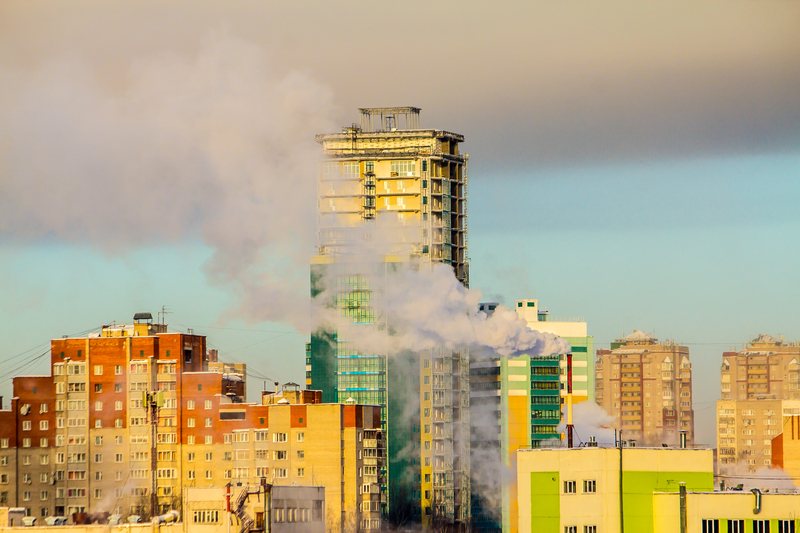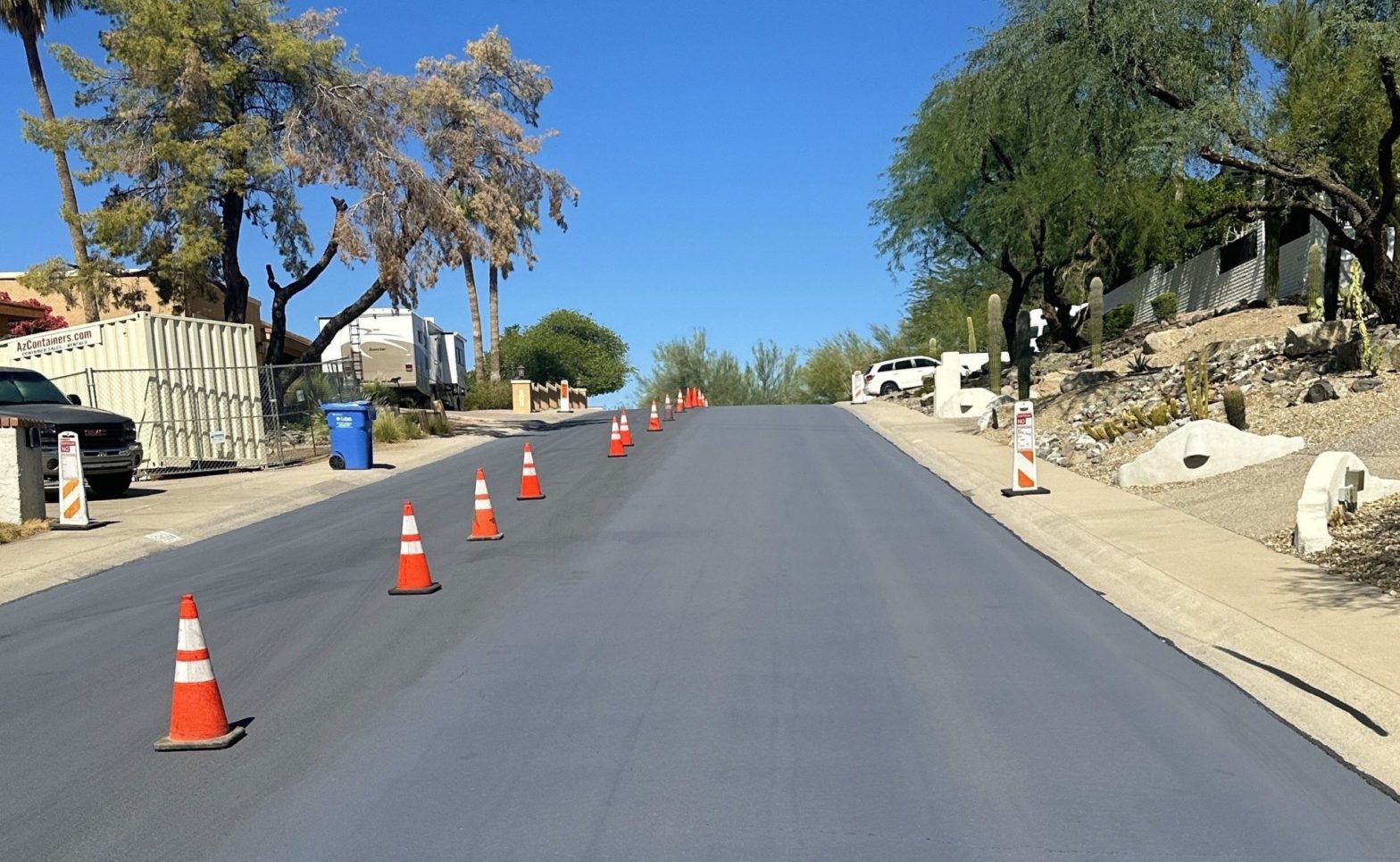
Photo: Image: Dmitrii Pasynkov | Dreamstime.com
Bogotá and Rio de Janeiro commit to cleaner air
08 September 2020
by Sarah Wray
The cities of Bogotá in Colombia and Rio de Janeiro in Brazil have signed up to the C40 Clean Air Cities Declaration. They join 35 other cities around the world in agreeing to set pollution goals that meet or exceed national targets, to implement substantive clean air policies by 2025, and publicly report on their progress.
Mobility will be a key focus to improve air quality for both Bogotá and Rio de Janeiro.
“The pandemic taught us that we have to change the way we work, consume and transport ourselves,” said Claudia López, Mayor of Bogotá. “We must change our life habits by learning to burn less gasoline and diesel and mobilising in a different way; this challenge taught us that we have to walk more and use bicycles more in cities. We cannot go back to the past; this is an opportunity to transform our societies by being more responsible and sustainable.”
Rio de Janeiro has also signed the C40 Green and Healthy Streets Declaration, pledging to procure only zero-emissions buses from 2025 and to make a major area of the city transport emissions-free by 2030.
City coalition
Nine in ten citizens around the world breathe air that is unsafe, according to the World Health Organization (WHO), which also estimates that air pollution causes seven million premature deaths globally each year.
The other cities signed up to the C40 Clean Air Cities Declaration, which launched in October 2019, are: Amman, Austin, Bengaluru, Barcelona, Berlin, Buenos Aires, Copenhagen, Delhi, Dubai, Durban (eThekwini), Guadalajara, Heidelberg, Houston, Jakarta, Los Angeles, Lima, Lisbon, London, Madrid, Medellin, Mexico City, Milan, Oslo, Paris, Portland, Quezon City, Quito, Rotterdam, Seoul, Stockholm, Sydney, Tel Aviv-Yafo, Tokyo, Warsaw and Washington D.C.
Together, the 37 signatories could avoid over 40,000 deaths each year by reducing annual average PM2.5 levels to WHO guidelines (10 μg/m3), according to climate action network C40 Cities.
Measures
Signatory cities are implementing air quality improvement measures such as expanding low- or zero-carbon public transport; creating zero-emissions zones; requiring and promoting cleaner fuels for heating and cooking; enhancing incentives and infrastructure to support walking and cycling, and establishing city-wide air quality monitoring. They are also urged to tackle air pollution beyond their direct control through engagement with nation-states and businesses.
Shannon Lawrence, Director of Global Initiatives, C40 Cities, said: “Given the many local dimensions of air quality issues, mayors are uniquely positioned to tackle air pollution and protect public health. City leadership will be instrumental as we combat the dual crises of COVID-19 and the climate emergency.”
Image: Dmitrii Pasynkov | Dreamstime.com







